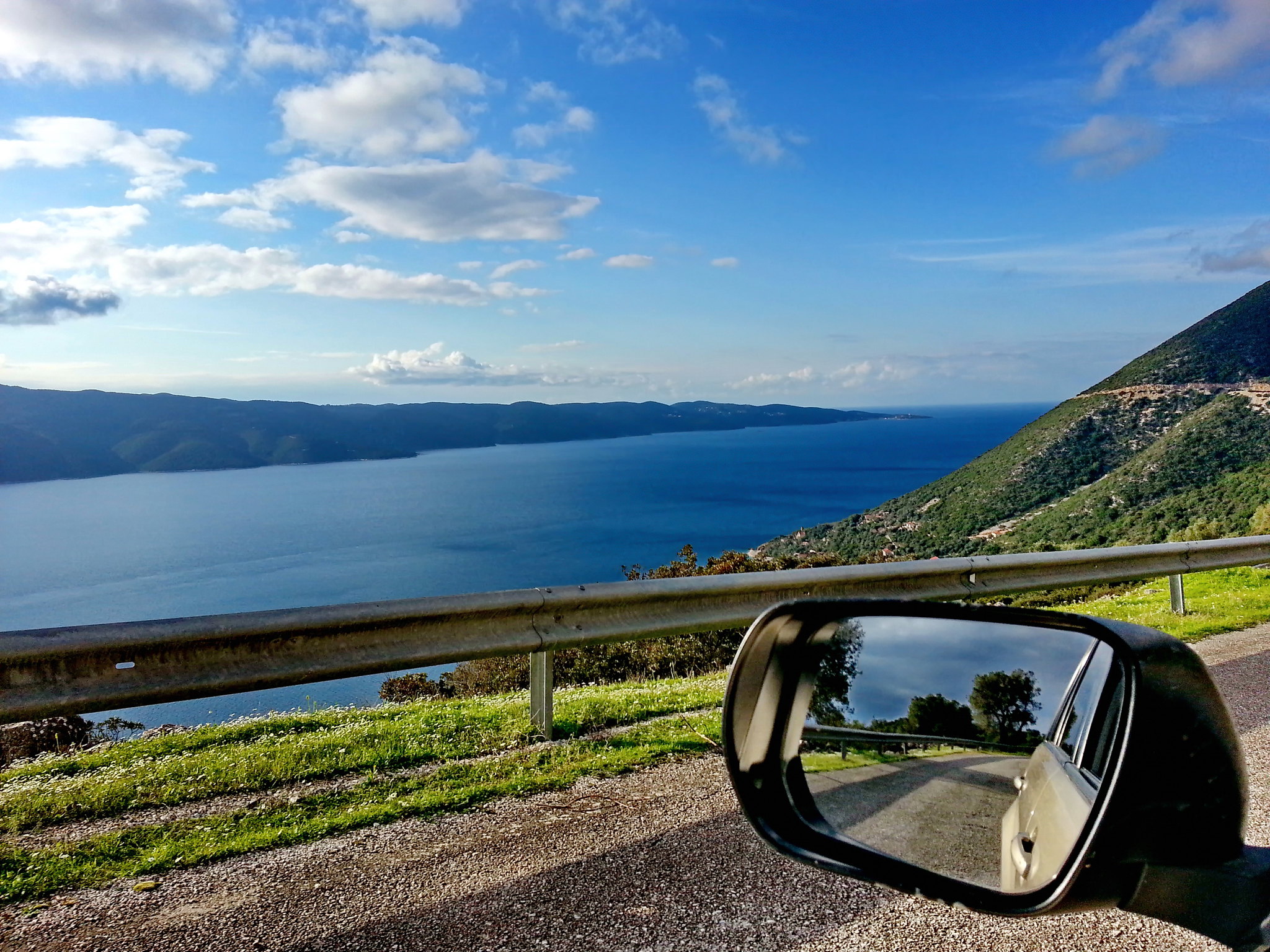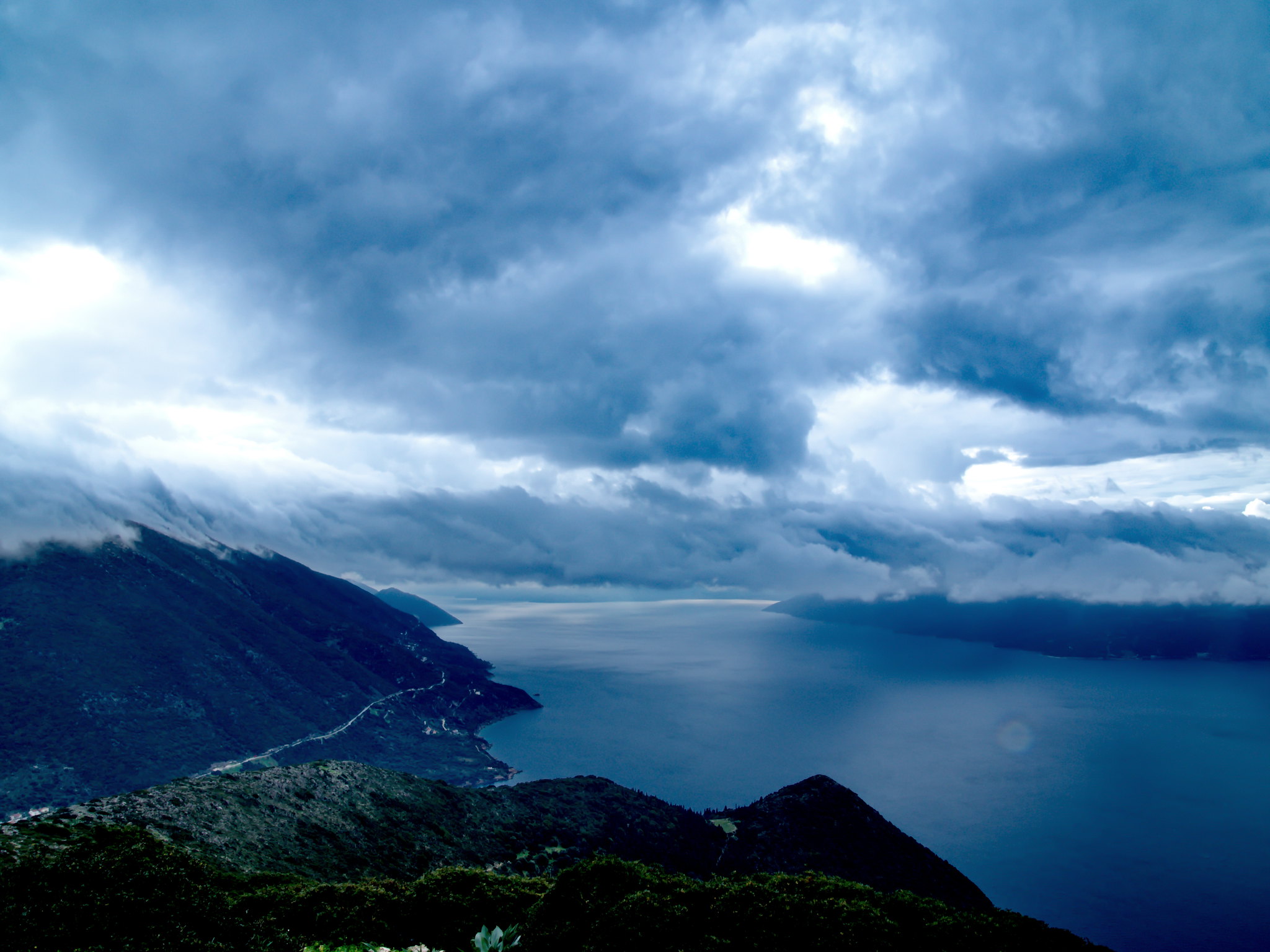20 Insightful Quotes About Ithaca In Greece
The Odyssey is a tale of Bronze Age Greece as seen from the eyes of the Dark Age author Homer. From historic sources we see the Bronze Age cities as certainly run by some kind of powerful hierarchy that can direct the efforts of its people and collect both taxes and resources, but what we see in the Odyssey is a collection of village chieftains forming a confederation of nobles. Despite the magnificence of their palaces, and their god-like feats of heroism, in all methods they represent a gilded version of the Homeric chieftain who leads with the approval of the area in which he resides in an attempt to sustain and offer prosperity for his people.
Broadly mentioned the role of a king in Homeric society is to safeguard and offer the people of his area. In addition to holding a considerable estate from which one can yield much animals and agricultural crop, this was a time where piracy was a regular incident from which one may acquire terrific wealth and in turn would need to safeguard ones self and ones town against. Whenever a complete stranger appears in the Odyssey he is typically very first asked his moms and dads names, from where he comes, and if he is a raider. For example, when Telemachus shows up in Pylos he is asked this question and takes no offense however answers it straight (Odyssey. P. 27 b. 3), and we also see Odysseus throughout his informing of his journey considering that Troy to the Phaecians and without hesitation he explains the sacking of a city simply for the factor of loot. This is the primary function of the Homeric king, though likewise he is to act as the administrative head of the community, satisfying any obligations such entailed in keeping the public order.
One thing that must be comprehended about kings in the impressive poems is that Homer is discussing kings of a different period where there existed large cities, multi-acre palaces, and real kingdoms deserving of the name, while using the governmental and social structure of his own Dark Age, which imply that villages were the biggest settlements, there were no palaces, and the most powerful man in Greece would simply be another chieftain. Without a significant population to make use of for material resources and labor it is merely not possible to establish and support a palace run hierarchical federal government, and badly limits the possible power one may have as a 'king'. A king might have the largest plot of land, a somewhat larger house, and more cattle, however without some type of stocked resource wealth, and military power the king is left ruling by the authority of his people.


Therefore, Homeric kings were not all effective and we find numerous examples of this in Homeric impressives where we can see that a Homeric king is unable to command another man who is not his residential or commercial property. The only genuine bonds we see are those, which are created by household ties, and honor based relationships. In the Odyssey we see Agamemnon, who was seen as a king of greater status than the rest, speak of how hard it was to persuade Odysseus to come with him to Troy (Odyssey 296.24), and during the actual battle at Troy we see Agamemnon act unreasonably towards Achilles at which point Achilles chooses he will not take Agamemnon's orders anymore and declines to fight (Iliad 13-17.1).
The Homeric king is often the boy of the previous king, however does not follow a genetic line by requirement. A boy will inherit his daddies material resources which in itself provides him significant impact and capability to install attacks on other settlements and defend his own. In ancient Greece ones status was most easily evaluated by the amount of wealth one had, since wealth was gained by being able to marshal the funds and assistance to stage raids and loot other villages, and will have the resources to defend his own village, and feed the warriors he uses for these actions.
In addition to this product wealth a kid also acquires the relationships and bonds of his dad. These relationships guarantees him an assistance base of allies that might be willing to provide him resources should he attempt to collect a raid on another village, such as the attack on Troy which gathers forces from all over Greece including Nestor at Pylos, and Odysseus from Ithaca, or help in the defense of his own holdings. Needs to a brand-new king be found lacking and incapable of sustaining and defending his town, he will be changed by another more fitting individual. In the Odyssey Telemachus is to be the next king of Ithaca with the absence of his father and the suitors think that they will change him rather till he shows his ability as a leader when he makes an expedition to Pylos and Sparta. By successfully finishing this exploration he is believed well of by those of Ithaca, and with the acquired wealth of his daddy Odysseus, and the acquired relationships with Nestor of Pylos, Menelaus of Sparta, and numerous others in Ithaca (Odyssey 27.2, 39.4) he is in a position to end up being and remain king. Without these connections, however, a ruler is badly damaged for he has no support and diminished resources to meet his role. The majority of the Odyssey is based on Telemachus' failure to ward off the wicked suitors who are laying mess up to his estates, and undoubtedly to Ithaca itself, due to his absence of offered supporting allies (Odyssey 42.4).

Even with the assistance of others a Homeric king is not the only voice of authority in an area. There is typically a council of nobles and elders, which the king might present concepts to and request approval or assistance on, which they may reject. When Telemachus convenes the council of Ithaca and presents his speech he is mostly yelled at and rejected (Odyssey 15-20.2), while Alcinos, king of the Phaecians, makes on several occasions a request of ithaca in greece his nobles and senior citizens and they obey it immediately (Odyssey 159.13). Even amongst those who are not nobles a king should acquiesce to the voice of the lots of, such as we see ithaca greece by Odysseus when he advises his males to stay on board the ship rather of making for land one night to prepare and he acknowledges that he is one, and things to do in ithaca they are many, and he can not refuse them (Odyssey 154.12).